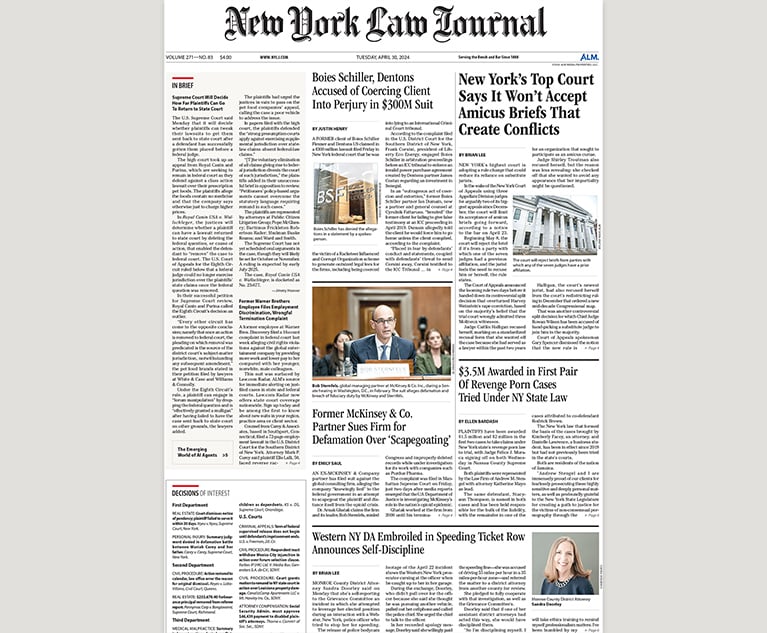“It is a fundamental principle of our jurisprudence that the power of a court to declare the law only arises out of, and is limited to, determining the rights of persons which are actually controverted in a particular case pending before the tribunal.” Matter of Hearst v. Clyne, 50 N.Y.2d 707, 713 (1980). This principle prohibits courts from giving advisory opinions or ruling on “academic, hypothetical, moot or otherwise abstract questions.” Thus, “an appeal is moot unless adjudication on the merits will result in immediate and practical consequences to the parties.” Coleman v. Daines, 19 N.Y.3d 1087, 1090 (2012) (citation omitted).
Because “mootness is a doctrine related to subject matter jurisdiction,” (Matter of Grand Jury Subpoenas, 72 N.Y.2d 307, 311 (1988)), it may be raised at any point in the litigation, and will be raised by the court on its own motion whenever it detects a potential mootness issue. “In fact, it is incumbent upon counsel to inform the court of changed circumstances which render a matter moot.” Weeks Woodlands Association v. Dormitory Authority of State, 95 A.D.3d 747, 753 (1st Dept., 2012), aff’d 20 N.Y.3d 919 (2012) (citation omitted). The parties to an appeal should therefore notify the court whenever a change in circumstances may render an appeal moot. The failure to do so may result in sanctions.


 Thomas R. Newman, left, and Steven J. Ahmuty Jr. Courtesy photos
Thomas R. Newman, left, and Steven J. Ahmuty Jr. Courtesy photos




